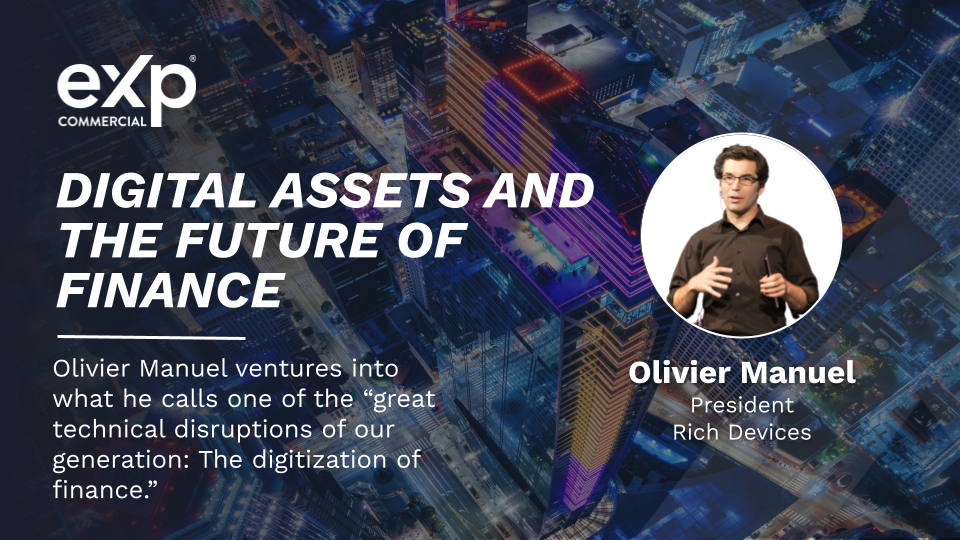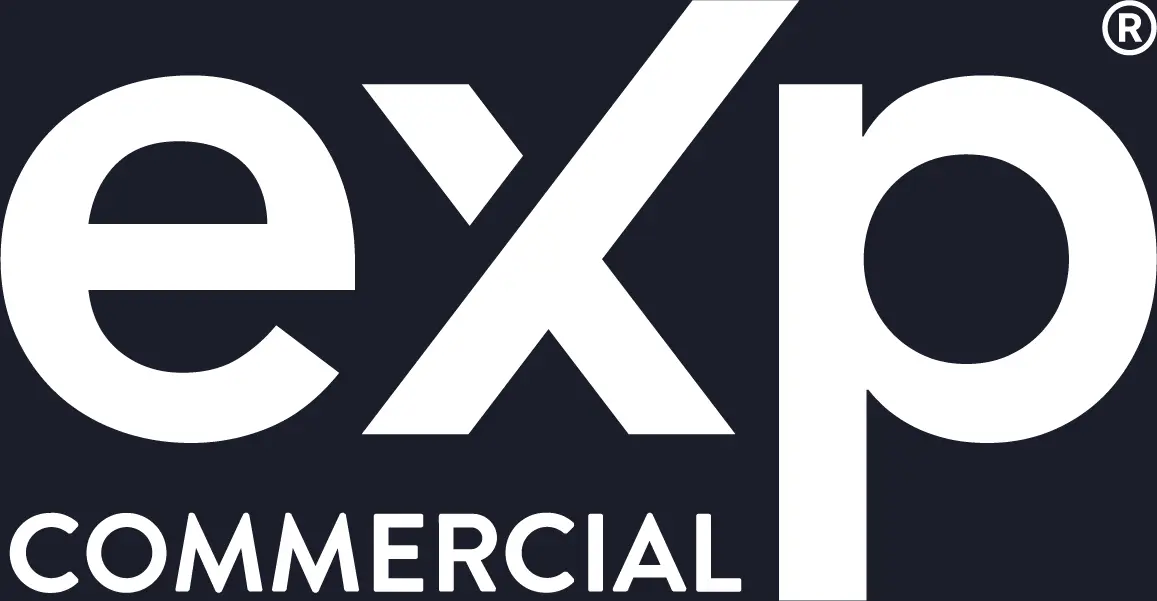As a serial entrepreneur, Olivier Manuel could have rested on his laurels. As the developer of Samsung’s smart TV business, Olivier grew the product and platform for this game-changing way to stream content from an idea to a multibillion-dollar business.
Now Olivier is onto the next game changer. He has ventured into what he calls one of the “great technical disruptions of our generation: The digitization of finance.”
At eXp Commercial, we like to support our brokers, agents and partners with the most up-to-date information. So when eXp Commercial President James Huang hosted Olivier for a talk about digital assets, it produced a dynamic conversation about digital finance.

Here are the key points:
What is a Digital Asset?
A digital asset is stored digitally, it's uniquely accessible and it has value. Here are some examples:
Cryptocurrency like bitcoin is a type of digital asset. Launched in 2009, bitcoin was the first digital asset to record ownership on a blockchain. That means all the client data lived on that computer. Now, with the cloud as the way companies operate their technical infrastructure, that data can live in the cloud.
The next evolution of that is peer-to-peer lending. That means multiple computers get together and run software called a blockchain. People running these computers are called miners. They run software that allows them to track ownership on a kind of digital ledge. That tracks ownership of all these peer-to-peer distributed computers.
The blockchain is seen as the next evolution in distributed computing. For instance, there are unique addresses on the Ethereum blockchain. Anyone can see who owns it and track the history of those transactions. It's a public digital ledger, and that's one of the big advantages of a digital asset.
How Are Digital Assets Used?
“Digital assets represent ownership in real estate, cryptocurrencies. NFTs could also be collectibles, it could be gold and other commodities, energy, carbon credits, stocks and bonds. It could even be funds. Recently, a digital token was issued for a healthcare fund.”
Tokenized Property: The New Method of Fractionalizing Ownership
Tokenized property is when you take an asset building and create a single-purpose LLC that owns the asset. You then fractionalize the ownership of that LLC by selling fractional interest. This can also be tracked on a blockchain.
Basically, this is a syndication deal, and it's a syndication deal on the blockchain. This is the modern version of something that has existed for a long time in commercial real estate.
Take a look at what was done for St. Regis Aspen. A security token offering was issued. It's a digital asset backed by real property. It's called AspenCoin. You can see the trades for a certain price.
Aspencoin is a little bit beyond a syndication deal. It’s part of a digital market that has grown from $1 billion to $1 trillion in 10 years. Boston Consulting Group is looking to grow digital assets to a $16 trillion-dollar market in the next eight years. This is a 16x growth factor. The value of transactions we see on the blockchain is about $770 billion of cryptocurrency and $147 billion of stable coins.
At $280 Trillion in Value, Real Estate Is a Ripe Market for Digital Assets
Real estate has the potential to be one of the biggest markets for digital assets. Real estate is one of the biggest asset classes in the world at $280 trillion. You take all global stocks, real estate is three times larger. Real estate is an incredible way to build wealth.
There are three implications for this:
-
- Properties are going to be tokenized
-
- General partners, sponsors and developers will get a new source of capital
-
- Investors will have more liquidity
As debt rates increase, there's an even greater incentive to raise equity capital using tokenization. This is an opportunity to get deals financed even in bad economic times.
There are 300 million people who are crypto investors. There's a massive overseas group of investors who want access to U.S. property. This has the advantage of being passive capital.
What is Crowdfunding?
Crowdfunding started 10 years ago, with the Jobs Act of 2012 and other regulatory amendments that followed. This allowed ordinary people and not just accredited investors to invest up to $1 million.
If you see what has happened in that time, you can get projections for the future of real estate tokenization. It’s gone from $7 billion to $15 billion in 2020 to $17 billion in 2021.
That growth has been large. So if your clients are looking to buy a property and they need funding, this is an alternative and increasingly we're going to see a tokenized version of that crowdfunding.
“Why is that going to happen? Liquidity. That's the big shift. Crowdfunding right now, you buy your share, you have to wait until the sponsor sells to get liquidity. With tokenization, you do not need to wait,’’ Olivier said.
Think of Tokenization Like a Smart TV for Finance
“Going back to when we launched the first smart TVs, the big thing that I used to tell people is you're no longer going to have to just watch whatever's on the cable box at whatever time. With a smart TV, you get to watch what you want, when you want. And that's a very powerful thing.
“Choice is very powerful. With tokenized transactions, with digital assets, investors can exit deals when they want and they can enter into deals when they want. So that's a huge powerful trend that is very much something that across the board and every industry people want: Choice.”
Tokenized Real Estate Erases Pressure for Immediate Liquidity
What’s Happening Now
For general partners and developers, there’s a trend that they need to sell. They're under huge pressure to sell their assets because they need to provide liquidity to their LPs. But with digital assets, with tokenization, those general partners can hold onto their best properties longer.
That means you will see a new kind of general partner with a longer time horizon and new types of deal opportunities that were not available before.
Then the final part of that is democratization. This adds up in two ways.
What’s Going to Happen
We're going to see smaller deal purchase amounts. Now you need $20K to $50K to do a crowdfunding deal. We're going to see deals with a $50 minimum using tokenized offerings. That means a lot of new investors enter the market.
Everyone all around the world loves real estate and this is going to increase access. With more investors and new sources of capital, you're also going to see a generation of new talented general partners enter the market.
These are people who may not have the traditional family and money connections, but they're gonna have incredible talent and energy. Something that traditionally has been closed and exclusive and illiquid is going to start to open up.
RISK! Proceed With Caution Into Digital Assets
Regulation: Enforcement by the Securities and Exchange Commission is rising. Compliance costs are rising. That’s not bad. We are exiting the Wild West phase and entering a new more compliant phase of this digital asset market.
ESG and Climate: People are concerned about bitcoin and the energy consumption costs. Ethereum made a transition called the merge to a more environmentally friendly structure called Proof-of-Stake. This is defined as a cryptocurrency consensus mechanism for processing transactions and creating new blocks in a blockchain. A consensus mechanism is a method for validating entries into a distributed database and keeping the database secure.
Who Wins the Race for Core Standards: Ethereum is in the lead. Others like Solana are catching up. This will allow everyone to build a stable base.
A Prediction on Future Value of Digital Assets
“I think this is going to keep growing in a kind of a slow boil, then it's going to sneak up on everybody. It's happening now. People are making money doing this. We're already at a trillion dollars. In eight years, I think we’re going to be at $16 trillion. I think that's completely possible.”
ADVICE!
“I'd be looking at some of the core technologies like Ethereum and then looking at some of the best quality deals. It's all about quality. So if you're going to buy a digital asset, buy the best quality digital assets.”


